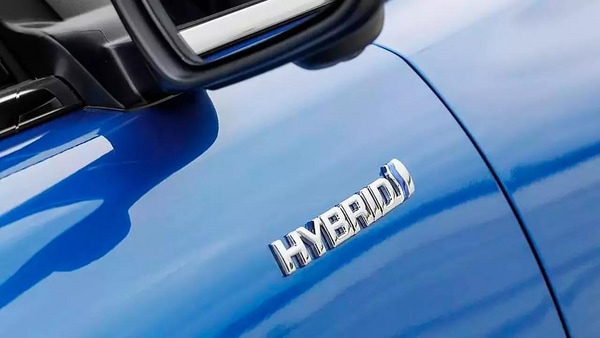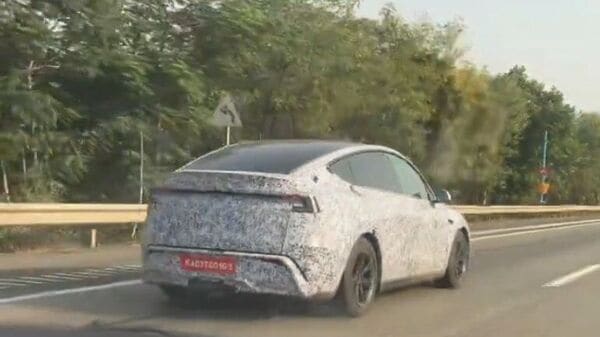
UP stands firm on hybrid car tax waiver: Report. What effect will it have on EVs
8 months ago | 74 Views
Uttar Pradesh in India made it clear that tax breaks for hybrid cars will remain, causing a clash among vehicle manufacturers. Despite issues raised by automakers such as Tata Motors and Mahindra & Mahindra, the state government has kept the tax waiver that reduces the cost of hybrid cars significantly.
In a meeting with state officials and automakers, Uttar Pradesh Chief Secretary Manoj Kumar Singh stated that the decision will not be reversed, a Reuters reports stated. It added that Singh has stated during the meeting that the "status quo will remain".
Uttar Pradesh has been one of the the main contributors when it comes to sales for India's automotive market. In July 2024 the state introduced a tax waiver for hybrid cars. It was a welcome move by many as this diplomatic move was made to support cleaner technologies while also striving to decrease dependence on traditional petrol and diesel vehicles.
The transition of the waiver has not only been appreciated by the firms that produce hybrid vehicles, such as Toyota, it has also created conflict for the electric vehicle (EV) pro-side parties.
Automakers divided over hybrid incentives
Tata Motors, Mahindra & Mahindra, Hyundai, and Kia have come out strongly against the tax waiver, saying that it will run contrary to the spirit of electric mobility currently being encouraged by the government. This will divert investments and consumer interest away from EVs, thus doing a disservice to the development of the related infrastructure for EV charging and battery technology, they argue.
The UP state government has, however, dug in its heels. Reuters reported that officials have said that it is imperative to move away from internal combustion-engined vehicles to cleaner ones; for all intents and purposes, hybrid cars are already a big step towards this goal.
The impact on India's EV push
The hybrid vehicles manufacturers competing with electric vehicles manufacturers saga depicted the complexity of India’s auto sector. The Indian government has set out to promote electric mobility at the same time it does not want to phase out fossil fuel vehicles immediately. Hybrid vehicle incentives were introduced as a way to strike a balance between incentivizing future green technologies and promoting Electric Vehicles.
As the automotive industry consolidates to respond to rapid change, state policy decisions like those of Uttar Pradesh will, going forward, have a far-reaching impact on electric vehicle adoption in India.
The months that follow will be critical to examining whether the tax waiver for hybrid cars will support India's shift to a sustainable energy future, or possibly create hurdles for the country's electric vehicle revolution.
Read Also: Tata Curvv EV vs MG ZS EV: Which electric compact SUV is right for you
#




















